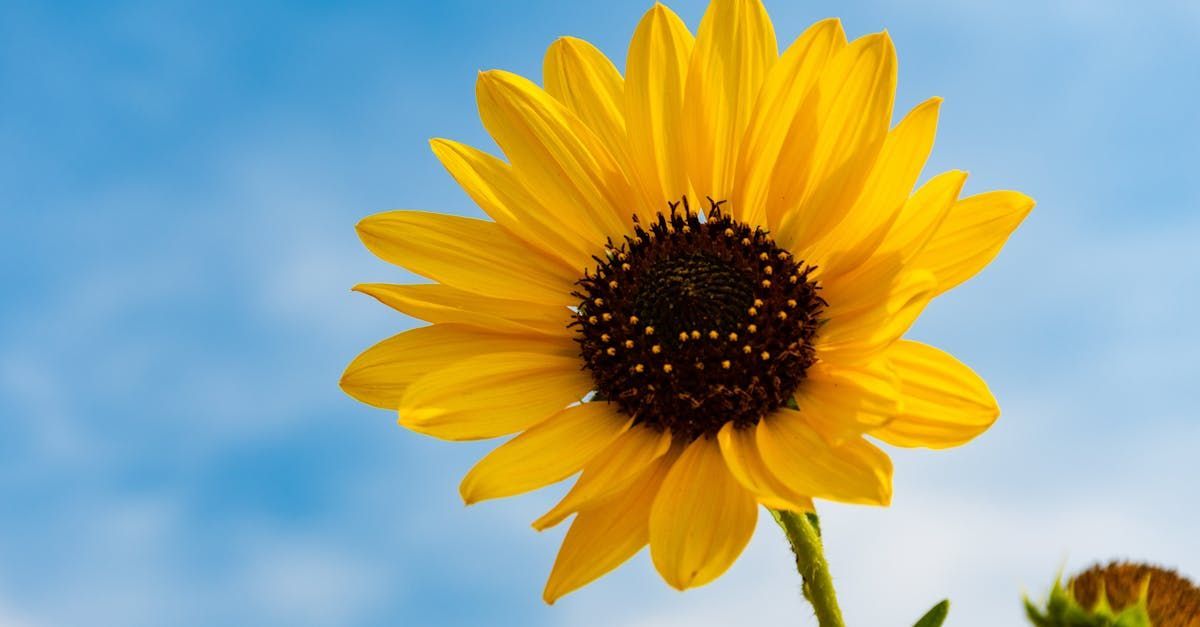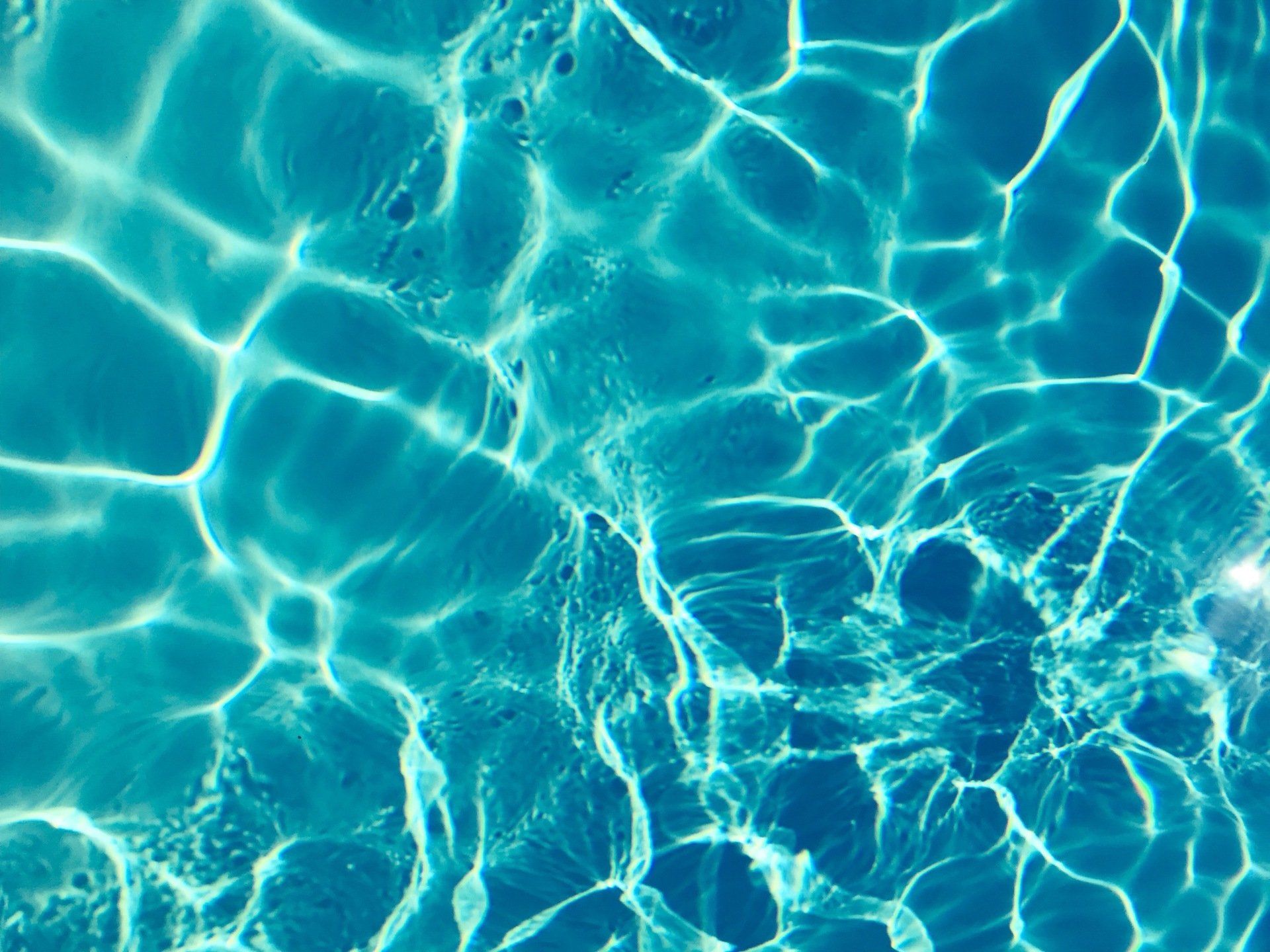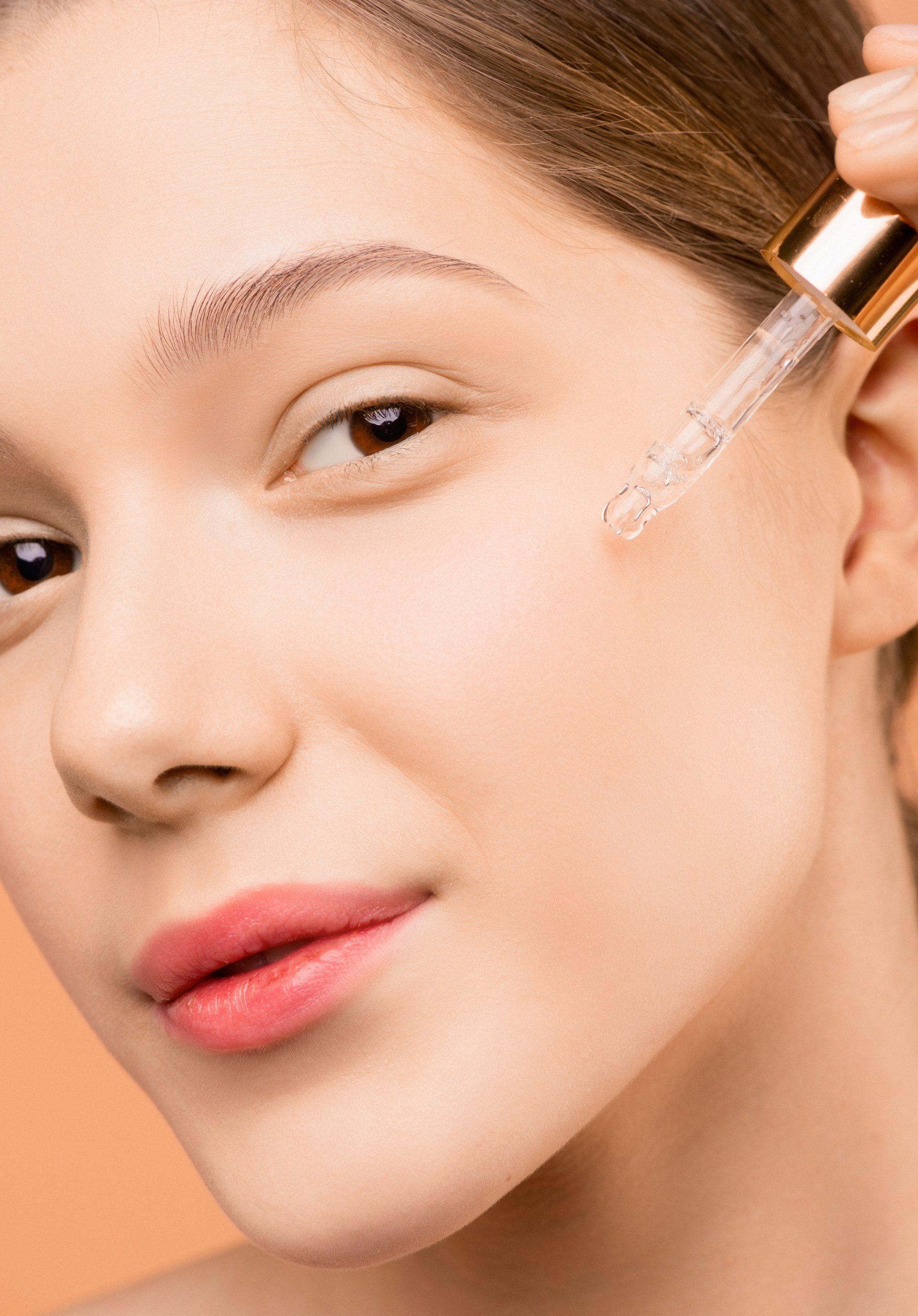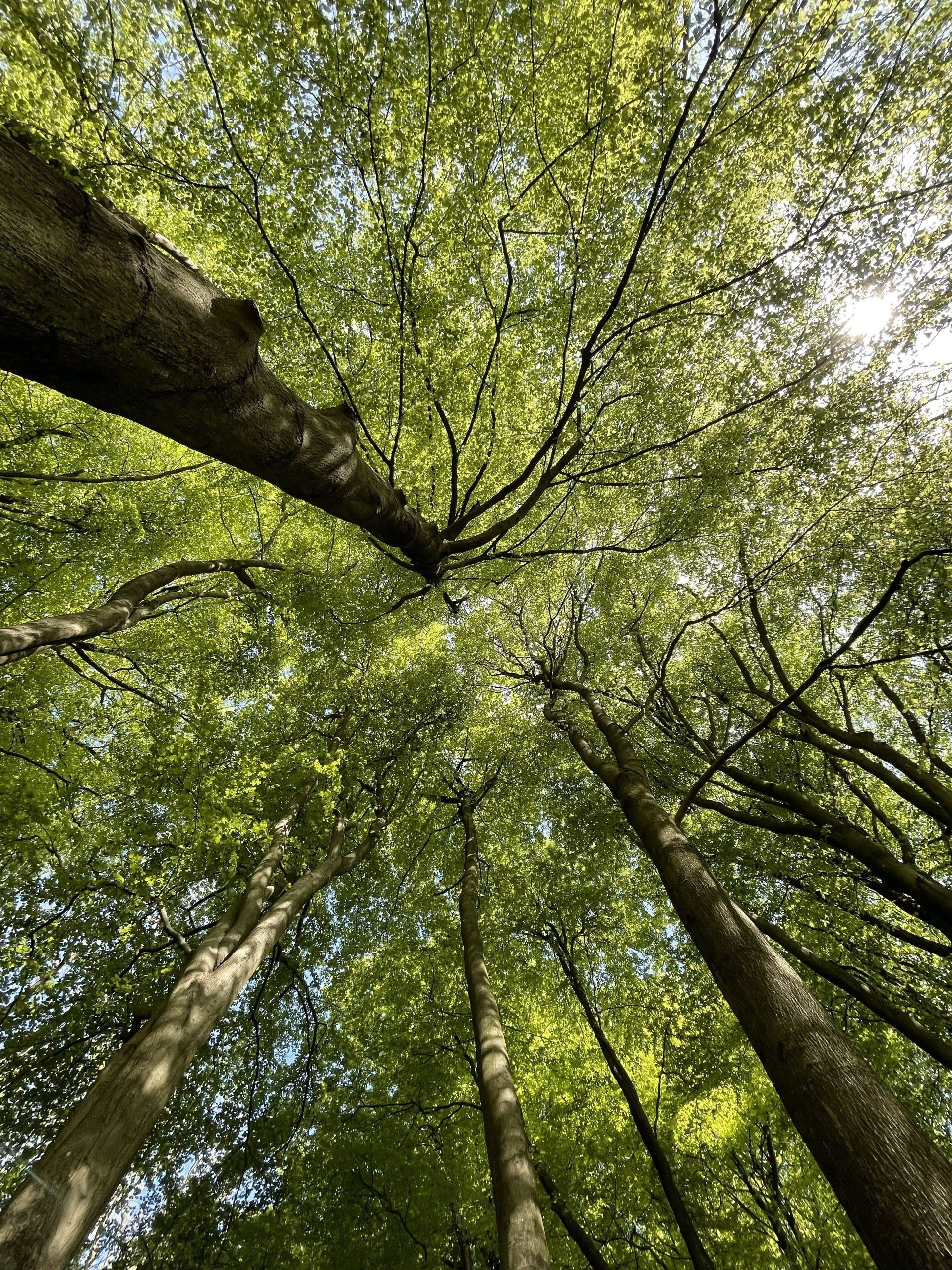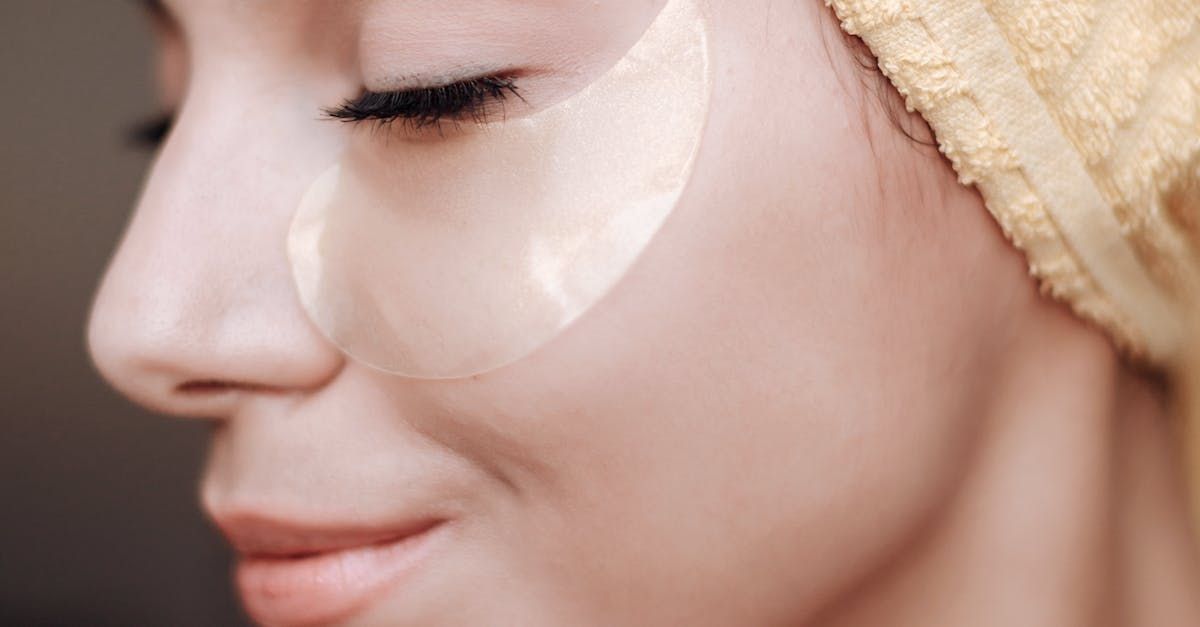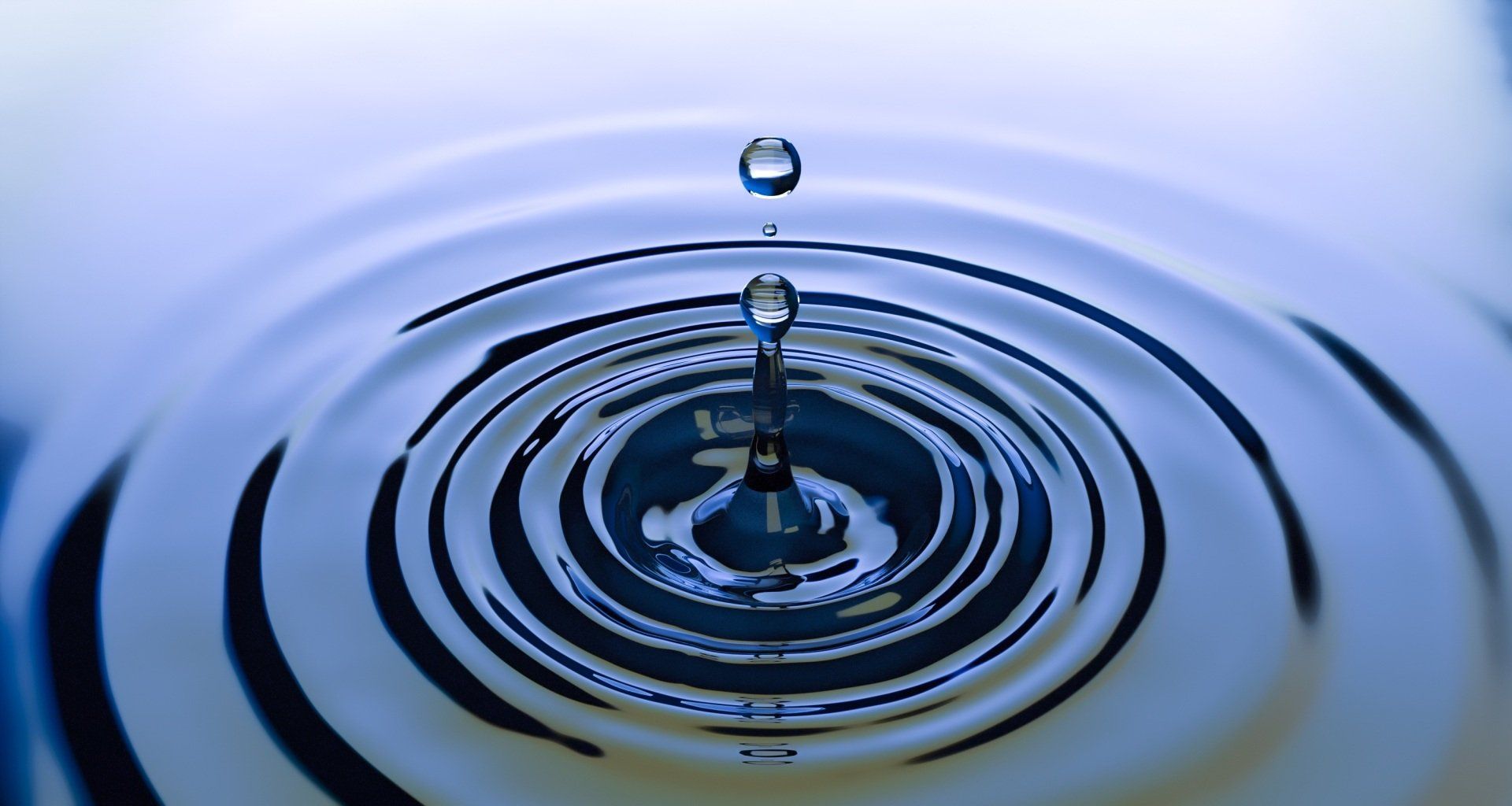by Martin Duffy
•
6 June 2024
The Importance of Sun-Screen I am often asked what’s the one ‘anti-ageing’ product I would most recommend, and the answer is always the same - sunscreen! 80-90% of the visible signs of ageing are down to sun exposure, which is why sunscreen is the most important age-defying product you can buy. There's little point buying corrective products if you aren't protecting yourself from the major cause of skin damage. However, not all sunscreens are the same, and it is important to purchase one that protects against both UVA and UVB: 🔹 UVB are short rays that cause sunburn and damage to the outer layers of the skin. These cause the majority of skin cancers. 🔹 UVA are longer rays that penetrate deep into the dermis. They break down collagen and elastin, and cause most of the damage associated with premature skin aging (wrinkles and dark spots), being especially visible on those who spend a lot of time outdoors. UVA is also a key cause of melanoma. When looking at a sunscreen, the SPF relates to the product's ability to protect against UVB, however, it doesn't tell you if it protects against UVA. UVA protection is typically denoted by the letters UVA in a circle, or the words UVA followed by a number of stars (you need to be looking for 4 stars or above), or the words ‘broad-spectrum sunscreen’. Common Sunscreen Myths Many people say they don’t need sunscreen as they don’t sunbathe. However, around 80% of our sun exposure comes from day-to-day exposure to ambient sunlight. This includes driving in the car, sitting in a conservatory or by a window, sitting out having a coffee, walking the dog, putting the washing out, doing the gardening, walking to the shops, etc. In short, anytime it’s daylight, there’s UV rays. In many ways it is better to think of sunscreen as ‘daylight protection ’. For this reason we should wear sunscreen all year round, not just in the summer. Whilst the winter sun may not feel as warm, its invisible UV rays still continue to damage our skin. Even on a cloudy day we are at risk of sun damage, as clouds only filter about 20% of the sun’s rays. Some people believe they don't need sunscreen as there skin is darker. However, whatever colour your skin, you still need a broad-spectrum sunscreen. On average, a black skin tone only has a natural SPF of 13, whilst fair skins have a natural SPF of 3, both of which are a far less than the recommended SPF of 30 (without even taking into account the need for UVA protection). How to Use Sunscreen 🔹Wear a minimum SPF 30 broad-spectrum sunscreen every morning, which will block about 97% of harmful UV rays. 🔹 Don’t scrimp! Use about 5ml (1 tsp) for the face and neck. 🔹 Sunscreen should always be the last product you apply before your make-up (if you wear it). 🔹Put on sunscreen at least 20 minutes before heading outside. Although zinc oxide and titanium dioxide work immediately, the absorbing sunscreen ingredients do not. 🔹In direct sun, reapply sunscreen at least every two hours and more frequently if you are sweating. If applying over make-up, you can dab it on using a make-up sponge. 🔹 Reapply sunscreen after coming out of the water - there is no such thing as waterproof sunscreen, only water resistant. 🔹 Avoid the sun between 11 am and 3 pm, when the sun is at its strongest. 🔹 Cover the skin as much as possible by wearing a wide-brimmed hat and long sleeved tops and trousers (avoid loose weave clothing). Darker colours offer more sun protection than light colours, and some clothing items now come with an SPF. 🔹Sunglasses with UV protection are also advisable. Make sure they have UV blocking lenses, as dark lenses by themselves don't necessarily offer much UV protection.



